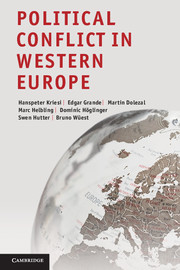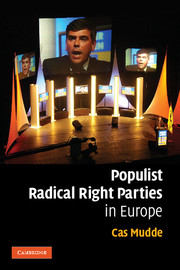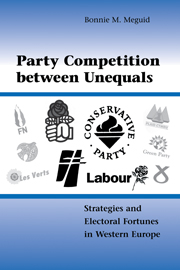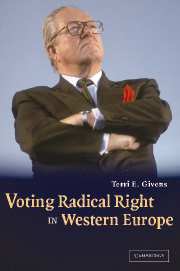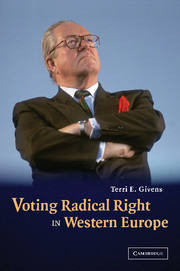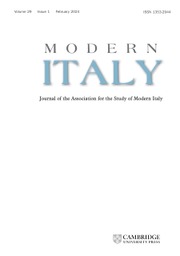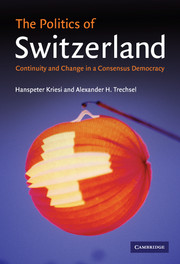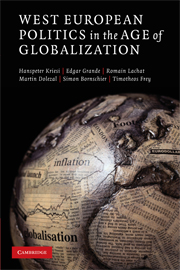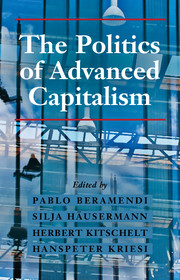Political Conflict in Western Europe
What are the consequences of globalization for the structure of political conflicts in Western Europe? How are political conflicts organized and articulated in the twenty-first century? And how does the transformation of territorial boundaries affect the scope and content of political conflicts? This book sets out to answer these questions by analyzing the results of a study of national and European electoral campaigns, protest events and public debates in six West European countries. While the mobilization of the losers in the processes of globalization by new right populist parties is seen to be the driving force of the restructuring of West European politics, the book goes beyond party politics. It attempts to show how the cleavage coalitions that are shaping up under the impact of globalization extend to state actors, interest groups and social movement organizations, and how the new conflicts are framed by the various actors involved.
- A bold attempt to identify the direction in which the politics of Western Europe is heading, proposing new ways to look at the structuring of political conflict in Western Europe and a new explanation of right-wing populism
- Based on unique empirical data drawn from six major European countries
- A wide range of state actors and arenas are discussed - from political parties and electoral politics to interest groups and social movement organizations - at both national and international levels
Reviews & endorsements
"Political Conflict in Western Europe is a major new book about the ongoing transformation of political conflict in Europe at both the national and regional levels. The authors first describe and then explain how the axes of conflict are undergoing important changes and the role played by globalization in this process. They describe how these conflicts emerge in the context of globalization, how they are articulated in national and European political spaces, and how political parties mobilize these conflicts via electoral strategies. In contrast to their previous work, this book focuses on the supply side of the story of political conflict, in particular the role of the electoral arena and electoral strategy in shaping conflict and protest at both European and national levels. This is a must-read for students of globalization, electoral politics, political mobilization, and public protest." - James A. Caporaso, University of Washington
"Political Conflict in Western Europe is a forceful statement about the emergence of a globalization conflict in Western Europe. A must for anyone interested in contemporary West European politics." - Christoffer Green-Pedersen, Aarhus University
"This book innovates in the analysis of European political realignments in multiple regards. In substantive terms, it places issue divisions about the interface between domestic politics and its regional and global embeddedness front and center. In terms of scope of political participation, it investigates the relationship among different modes of political mobilization. And in terms of data collection, it advances quantitative content analysis as a source of information about political alignments and brings frame analysis to bear on it. This book will clearly be essential reading for anyone hoping to contribute to this subject area." - Herbert Kitschelt, George V. Allen Professor of International Relations, Duke University
"This book is required reading for Europeanists. Kriesi, Grande and their co-authors offer an analysis of political cleavages in Europe that is simultaneously comprehensive, subtle, rigorous, and convincing." - Gary Marks, Burton Craige Professor, University of North Carolina, Chapel Hill and Chair in Multilevel Governance, VU University Amsterdam
Product details
May 2014Adobe eBook Reader
9781139558617
0 pages
0kg
34 b/w illus. 42 tables
This ISBN is for an eBook version which is distributed on our behalf by a third party.
Table of Contents
- Part I. Theory and Methods:
- 1. The transformative power of globalization and the structure of political conflict in Western Europe Edgar Grande and Hanspeter Kriesi
- 2. Exploring the new cleavage across arenas and public debates: design and methods Martin Dolezal, Swen Hutter and Bruno Wüest
- Part II. The Development of the 'Integration-Demarcation' Cleavage:
- 3. Participation and party choice: comparing the demand-side of the new cleavage across arenas Martin Dolezal and Swen Hutter
- 4. Restructuring the national political space: the supply side of national electoral politics Hanspeter Kriesi
- 5. Restructuring the European political space: the supply side of European electoral politics Martin Dolezal
- 6. Restructuring protest politics: the terrain of cultural winners Swen Hutter
- 7. Congruence, counterweight, or different logics? Comparing electoral and protest politics Swen Hutter
- Part III. Public Debates: The Articulation of the New Cleavage in Detail:
- 8. The impact of arenas in public debates over globalization Marc Helbling, Dominic Höglinger and Bruno Wüest
- 9. Culture versus economy: the framing of public debates over issues related to globalization Dominic Höglinger, Bruno Wüest and Marc Helbling
- 10. Actor configurations in the public debates on globalization Bruno Wüest, Marc Helbling and Dominic Höglinger
- Part IV. Conclusion:
- 11. Conclusion: how much change can we observe and what does it mean? Edgar Grande.

